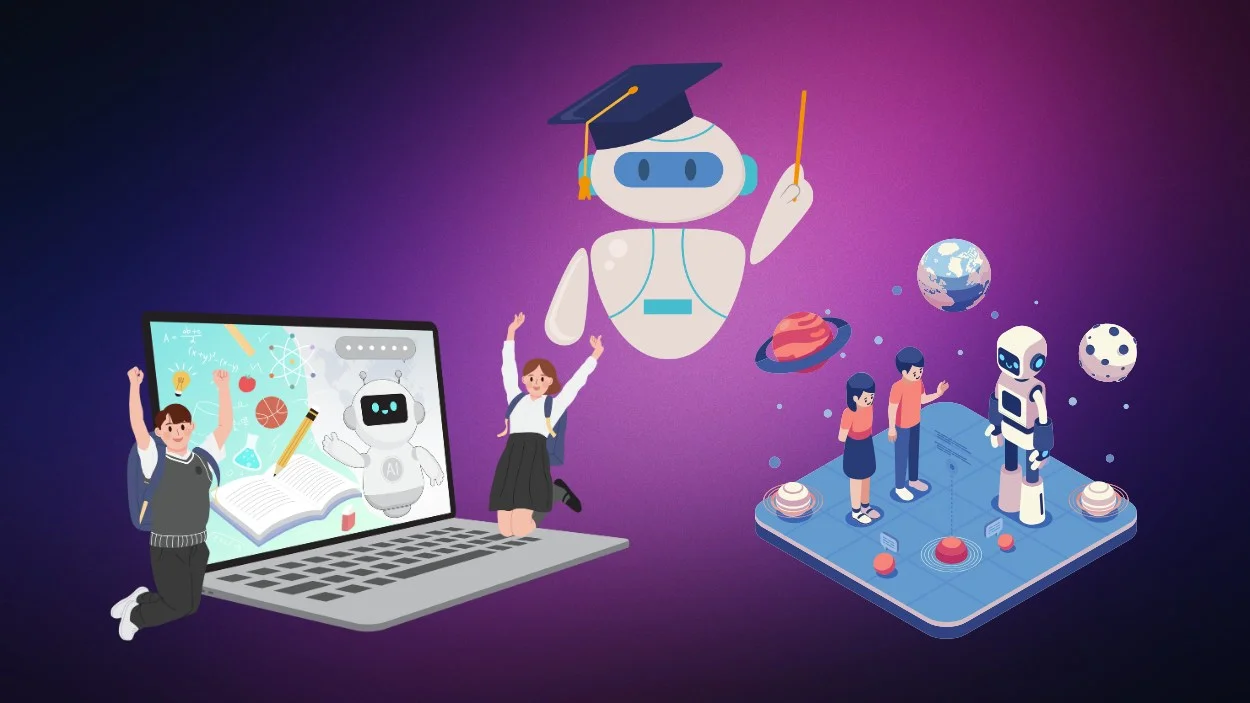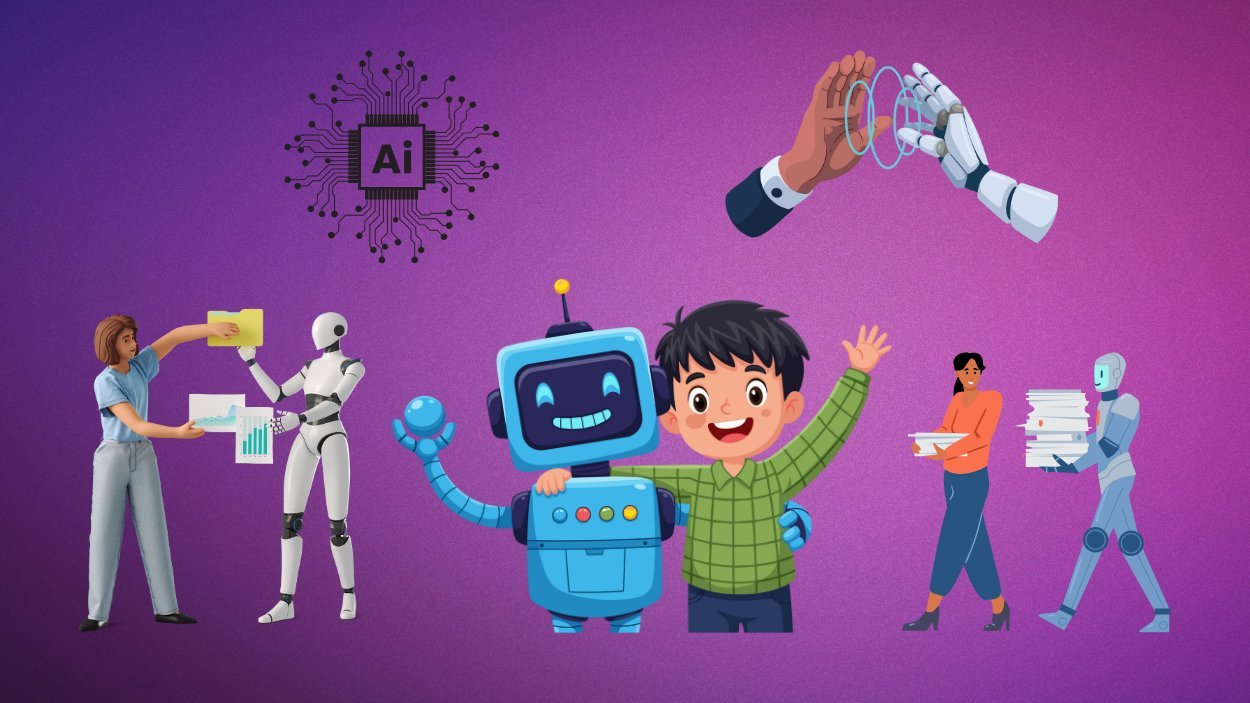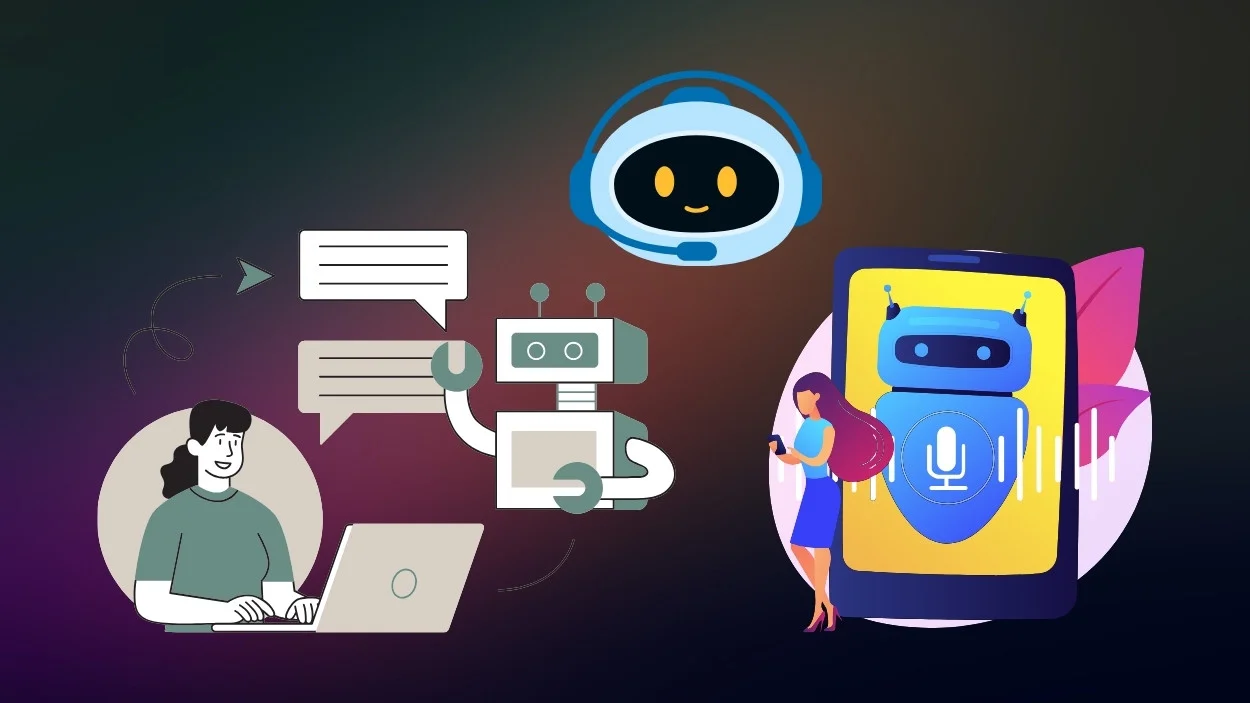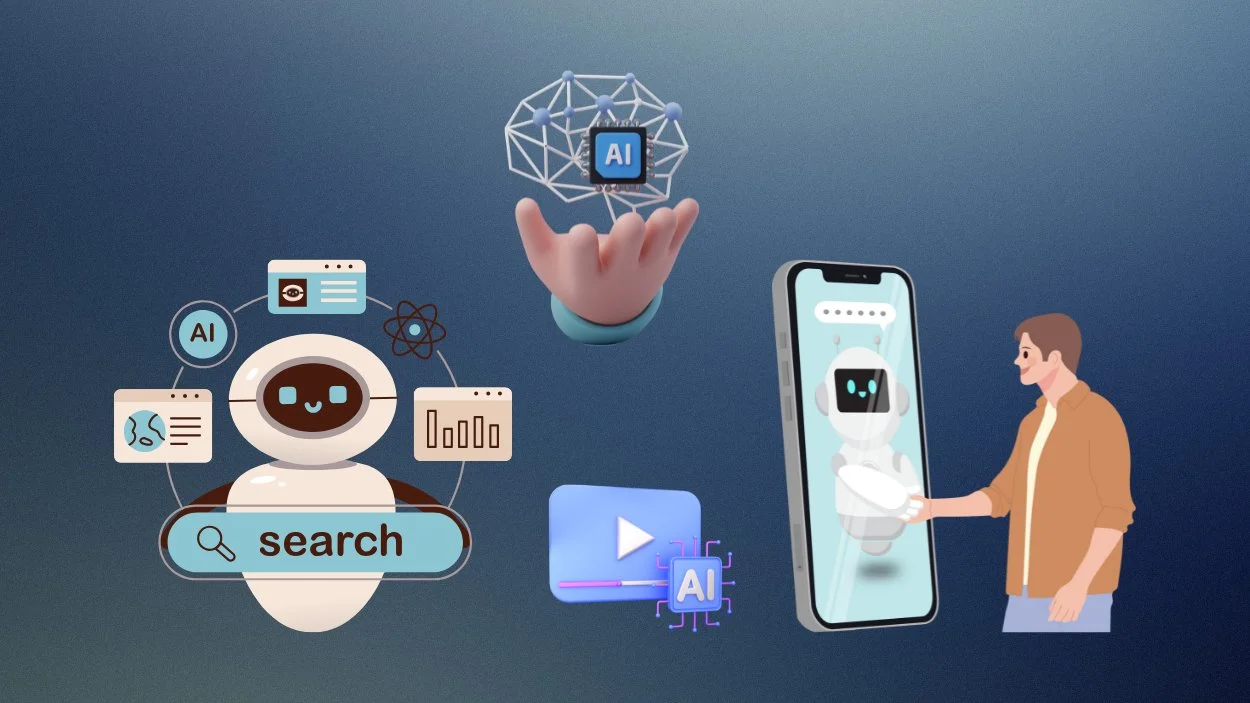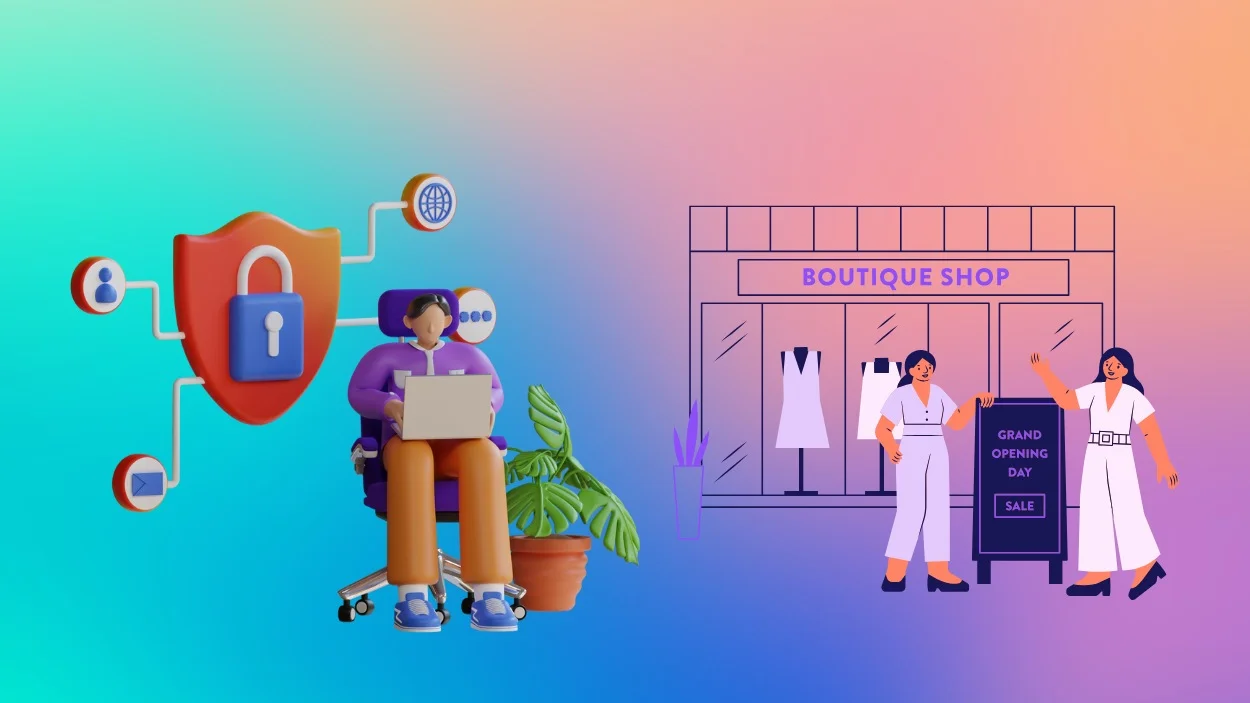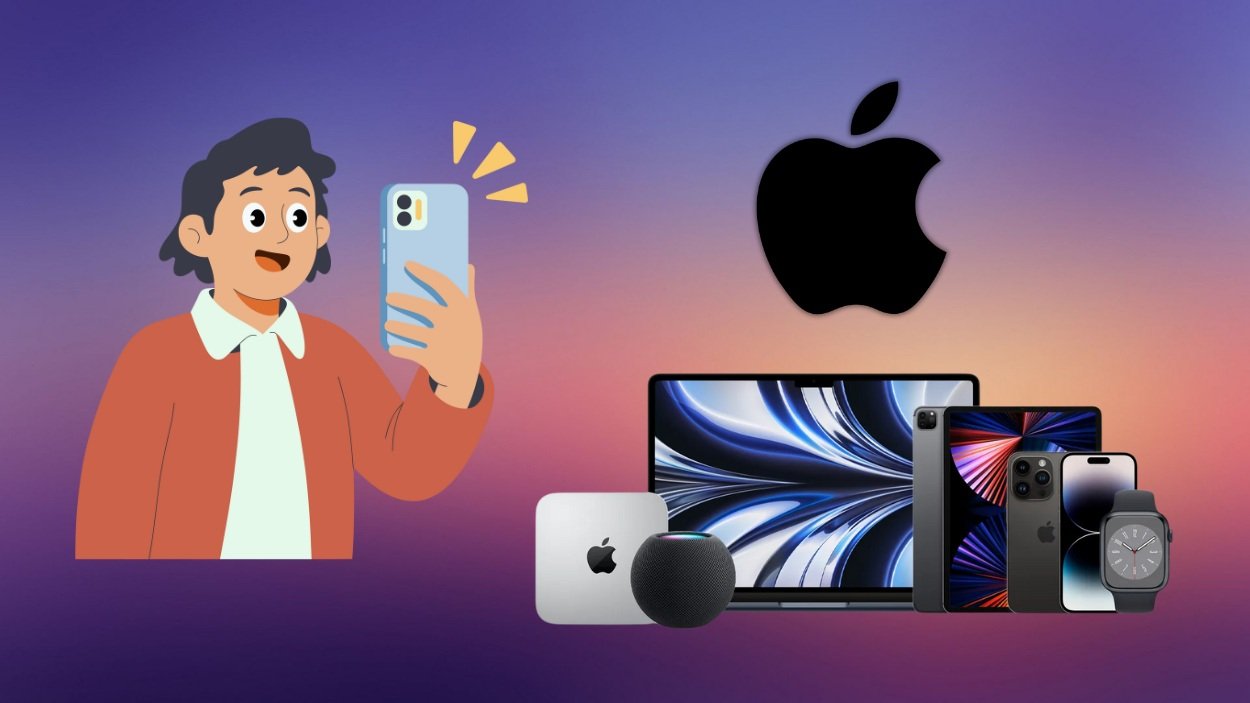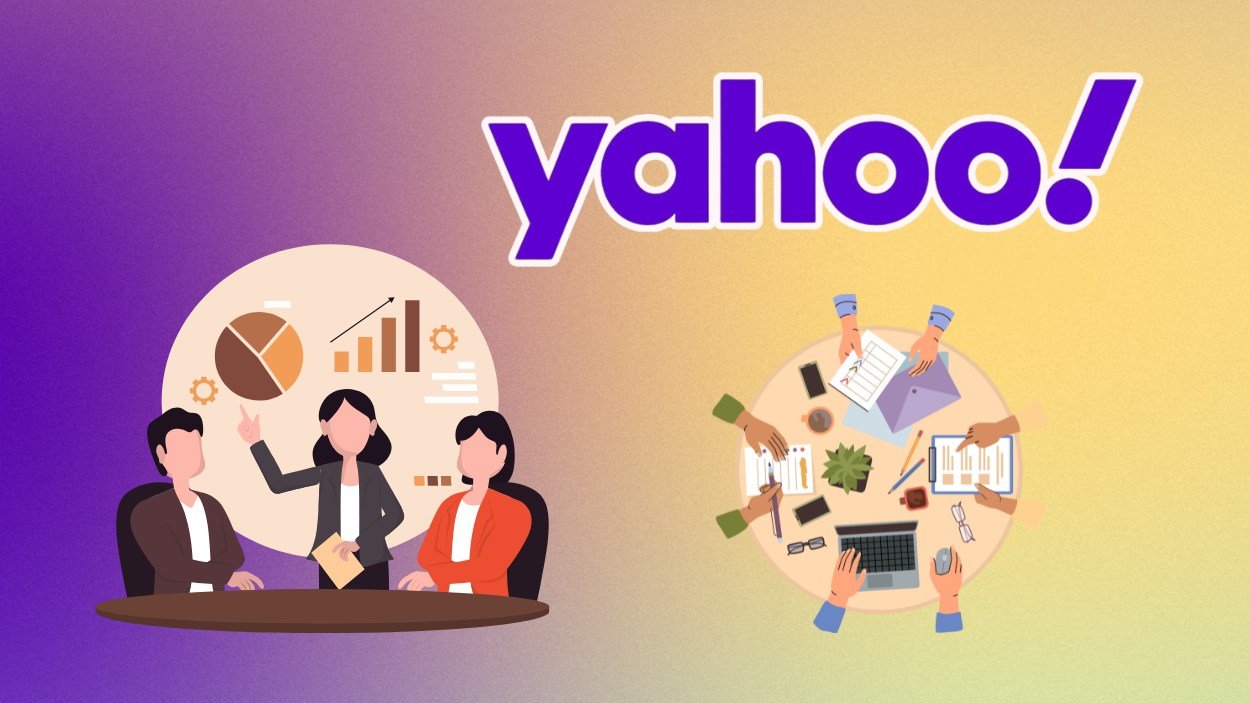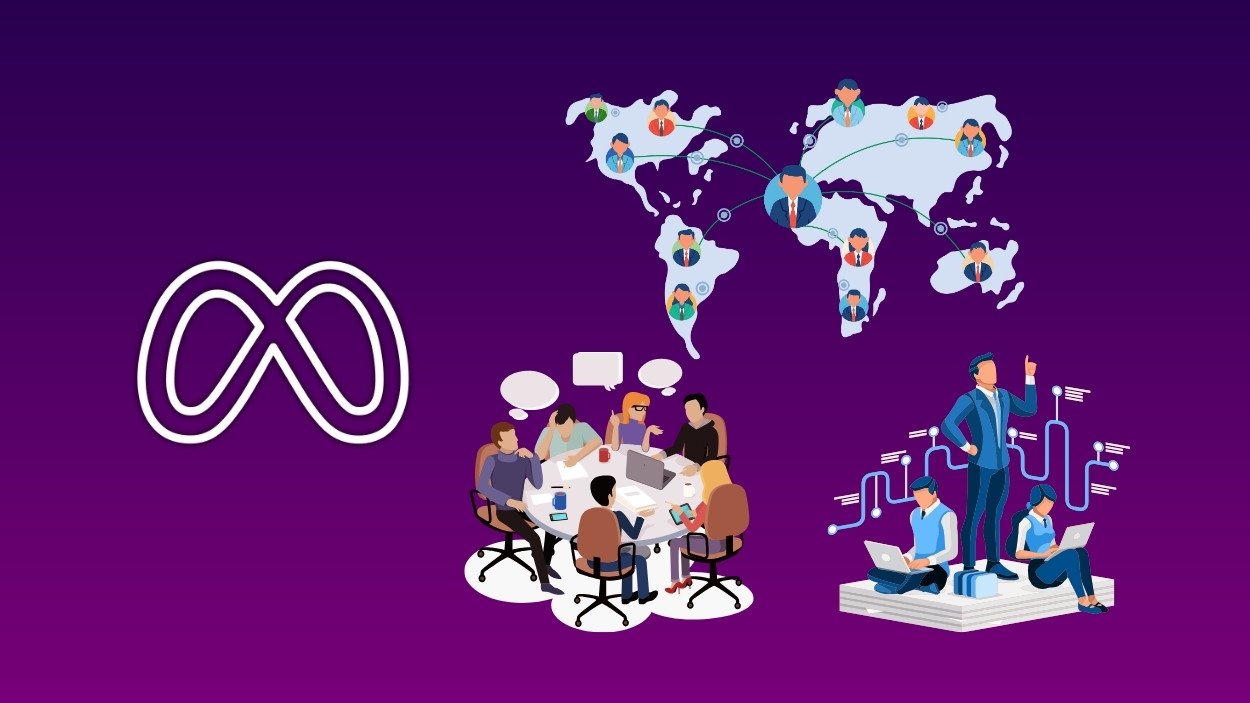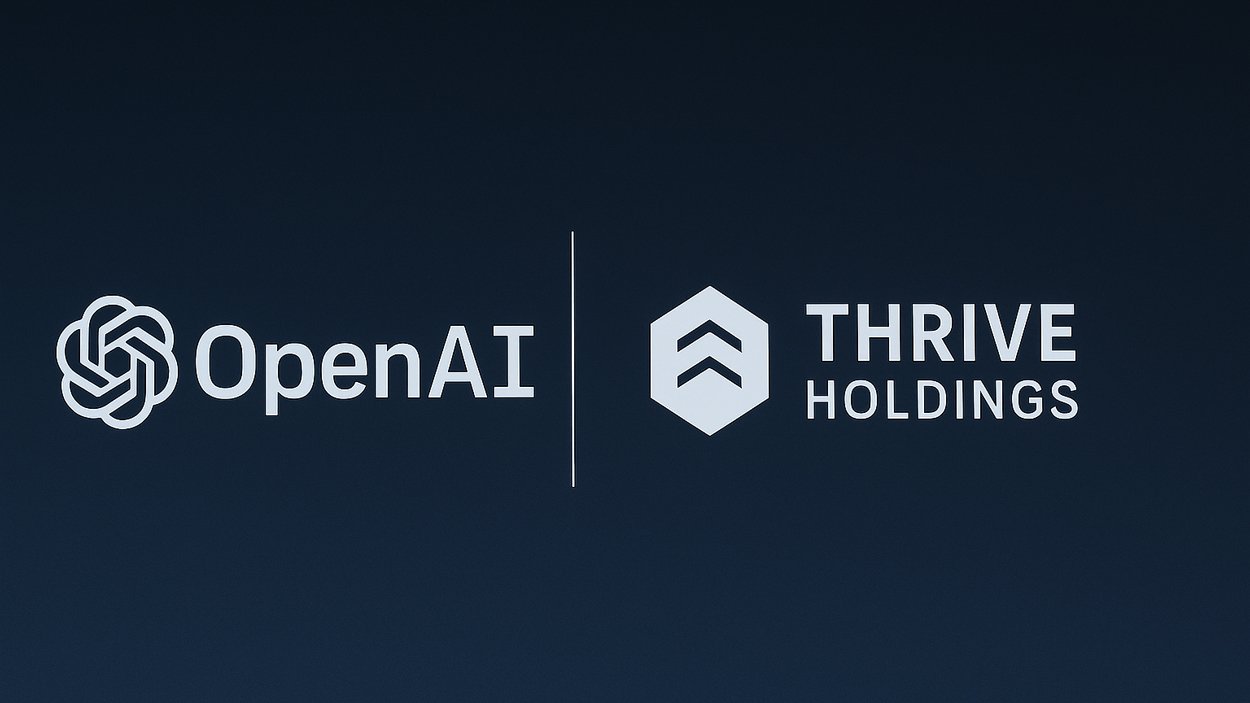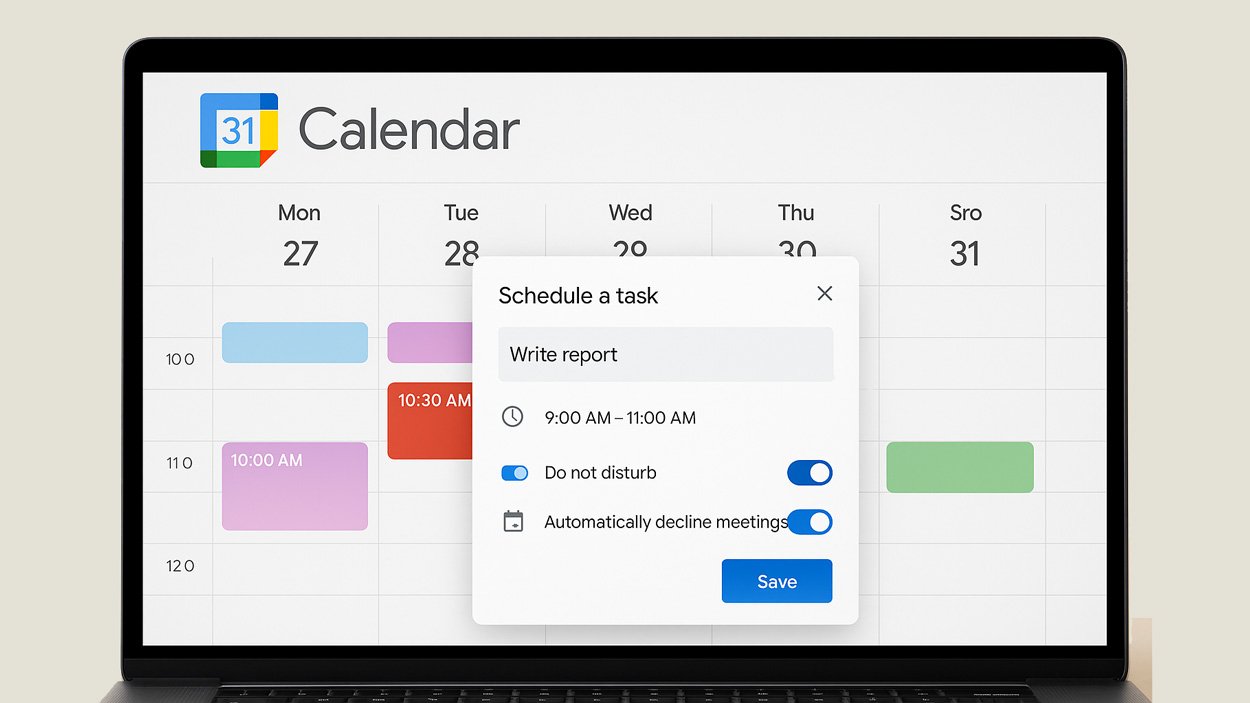Apple is introducing major privacy changes to how apps handle personal data when working with outside AI systems, and developers across the App Store will soon need to adjust their practices.
Quick Summary – TLDR:
- Apple now requires apps to get explicit permission before sharing personal data with any third party AI service
- The company updated its App Review Guidelines to address the fast growing use of external AI tools
- The changes arrive ahead of a major Siri upgrade in 2026, which will use more personal data and draw on Google Gemini for some abilities
- Developers may need new prompts, redesigned onboarding, and clearer privacy explanations
What Happened?
Apple updated its App Review Guidelines with a new rule that directly targets how apps share user data with outside AI providers. Developers must now tell users if their personal information will be sent to any third party AI system, and they must request explicit permission before doing so. The change strengthens Apple’s long standing privacy rules and aligns with global laws like GDPR and CCPA.
Apple just updated its guidelines, and two changes immediately stand out:
— Viktor Seraleev (@seraleev) November 13, 2025
• 4.1(c)
It’s now officially prohibited to use another developer’s icon, brand, or product name in your app’s icon or title – unless you have their explicit permission. (Meaning: no more banana icons or… pic.twitter.com/TzIeTbU0my
Apple Adds Clear Rules for AI Data Sharing
Apple has required transparency around personal data for many years, but this is the first time the company has singled out AI services by name. The updated guideline states that apps must “clearly disclose where personal data will be shared with third parties, including with third party AI, and obtain explicit permission before doing so.”
Apple previously used similar language under its 5.1.2(i) rule, but it never explicitly referenced AI. By naming AI directly, Apple is drawing a clear line at a time when many apps rely on external models to process text, images, audio, and user behavior.
This update affects a wide range of apps that personalize content or send data to external engines for analysis. Developers may need to create new pop up prompts, adjust onboarding flows, and rewrite privacy notices. Apple is also signaling that apps cannot quietly move sensitive information to outside AI systems for training or personalization without a user knowing about it.
A Move Toward Greater Transparency Before Siri’s Big Upgrade
The timing is not accidental. Apple is preparing a major Siri upgrade for 2026. Reports suggest the assistant will perform more actions across apps and rely on Google Gemini for some advanced capabilities. With Siri expected to interact with more personal data than ever before, Apple appears to be setting stronger privacy expectations for itself and for every developer on its platform.
As Siri becomes more capable, Apple wants to ensure the rest of the App Store does not become a loophole where apps can share data with external AI services without disclosure. The company is framing this update as a trust building measure that ensures users understand how their information is handled across the entire ecosystem.
The Challenge of Defining AI
A key question remains: what exactly counts as AI under these new rules? The term AI can cover large language models, prediction systems, image analysis tools, and even basic on device machine learning. Apple has not explained how it will judge compliance in each scenario. Enforcement may vary depending on whether an app sends data to a cloud based model or processes it locally on the device.
Apps that rely on external servers to analyze text, images, audio, or behavior are most likely to fall under stricter review. Meanwhile, apps that perform calculations on the device using local machine learning may be treated differently. Developers will need to take a closer look at how their apps work behind the scenes.
Wider App Store Updates
Apple also introduced several other guideline revisions. These include new rules related to creator apps, consumer facing loan services, and its growing Mini Apps Program. The company also placed crypto exchanges under heightened regulatory scrutiny. Each update reflects Apple’s push to refine the App Store and increase oversight in sensitive categories.
Daily Research News Takeaway
I think this is Apple sending a very clear message. The company knows that AI will touch every part of the user experience in the next few years, and it wants full control over how personal data flows through apps. By forcing developers to be upfront and get real permission, Apple is putting user trust at the center of its AI strategy. I see this as a smart move that prepares people for a more powerful Siri while making sure no one else gets to quietly harvest user data in the background.







